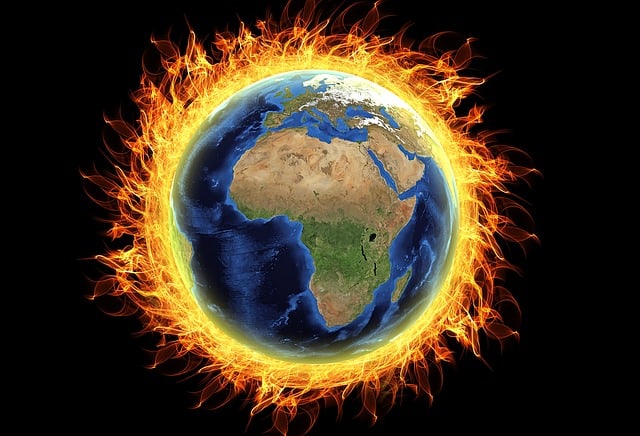
Global warming refers to the long-term increase in Earth’s average surface temperature due to human activities, primarily the emission of greenhouse gases into the atmosphere. These gases, such as carbon dioxide (CO2), methane (CH4), and nitrous oxide (N2O), trap heat from the sun in the Earth’s atmosphere, leading to a gradual rise in temperatures. This phenomenon is part of the broader issue of climate change.
Here are some key points to understand about global warming
Temperature Rise: Over the past century, the Earth’s average surface temperature has risen by approximately 1.2 degrees Celsius (2.2 degrees Fahrenheit). This may seem like a small increase, but even slight changes in temperature can have significant impacts on the climate, weather patterns, and ecosystems.
Consequences: Global warming has far-reaching and potentially catastrophic consequences. These include more frequent and severe heatwaves, rising sea levels due to the melting of polar ice caps and glaciers, increased frequency of extreme weather events (such as hurricanes and droughts), disruption of ecosystems and biodiversity loss, and threats to food and water security.
Human Causes: The primary driver of global warming is the burning of fossil fuels for energy, transportation, and industrial processes. Deforestation and certain agricultural practices also contribute by releasing CO2 and other greenhouse gases. Methane emissions from agriculture, landfills, and the energy sector are another significant factor.
Mitigation: To address global warming, international efforts like the Paris Agreement have been established to reduce greenhouse gas emissions. Strategies for mitigation include transitioning to renewable energy sources, improving energy efficiency, reforestation, promoting sustainable agriculture, and adopting cleaner transportation options.
Adaptation: In addition to mitigation efforts, adaptation is essential to cope with the impacts of global warming that are already occurring. This involves measures like building resilient infrastructure, enhancing disaster preparedness, and implementing water management strategies to address changing precipitation patterns.
Individual Actions: Individuals can also contribute to the fight against global warming by reducing their carbon footprint through activities such as conserving energy, using public transportation, reducing waste, and supporting sustainable practices.
Global warming is a complex and urgent global challenge that requires collective action at local, national, and international levels to mitigate its effects and protect the planet for future generations.





